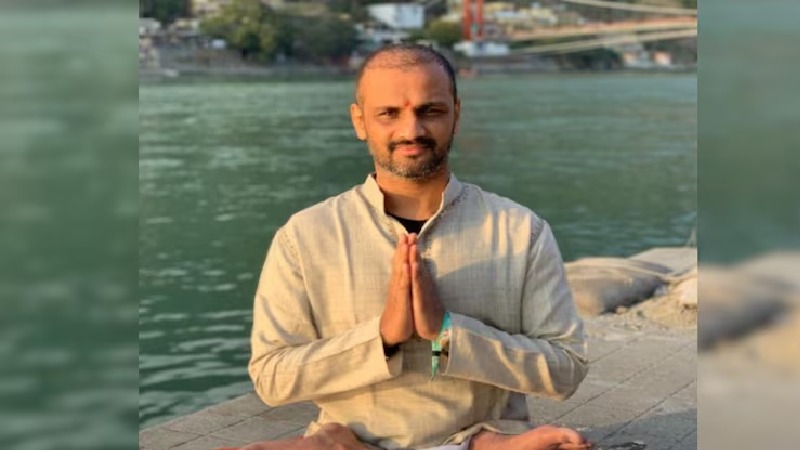
Recently, Ashtanga Yoga teacher Sharad Jois (Yoga Guru Sharath Jois) has passed away. Sharad not only popularized the yoga style founded by his grandfather, but also took it to the global platform. He breathed his last at the age of 53. He was the grandson of Ashtanga founder Krishna Pattabhi Jois. According to the information, Jois suffered a heart attack while hiking near the University of Virginia in Charlottesville (How Hiking Affects Heart Health). In recent times, cases of heart attack have increased rapidly among youth and adults.
Many such videos often appear on social media, where people suddenly become victims of heart attack. Especially while doing some physical activity, the risk of heart attack increases significantly. Yoga teacher Sharad Jois also suffered a heart attack while hiking. In such a situation, today in this article we will tell you how hiking affects your heart and under what circumstances it can cause a heart attack.
Effect of hiking on the heart?
Long activities such as hiking can actually put stress on the heart, especially on steep or difficult climbs, as it increases the heart rate and requires constant physical activity. However, walking can be even more beneficial for heart health if done safely, as walking can improve heart functioning, its endurance, and circulation over time.
What things are important to keep in mind?
Even though activities like hiking (Hiking Safety Tips) can be beneficial for the heart, it is very important to consult a doctor for this. Especially if you are already suffering from heart disease , consult a doctor before starting hiking etc. If you are going for hiking for the first time, then you should start with easy routes and gradually increase your difficulty and time.
A 2007 study examined the effects of hiking on the heart. The study also identified risk factors and triggers for sudden cardiac death during these mountain activities. They found that the risk was highest on the first day of hiking at high altitude, and the longer you hike without eating or drinking, the greater the risk of a heart attack .
Take care of your heart like this while hiking
It is important to take all the precautions before hiking at high altitude. For this, start with a light warm-up and walk at a stable and comfortable pace to avoid a sudden increase in heart rate. Dehydration puts pressure on the heart, so drink plenty of water before, during and after the trip.
Also, keep an eye on symptoms like chest pain, dizziness or shortness of breath and if you notice any such symptoms, stop immediately. Rest when needed to keep your heart rate stable. Start with easy routes and as your fitness level improves, you can increase the difficulty.
Read More: Your BP can increase even without salt and tension, scientists have found a surprising reason.
--Advertisement--

 Share
Share



